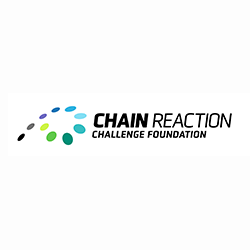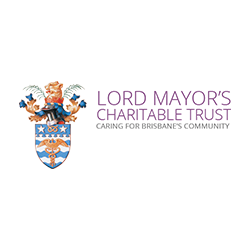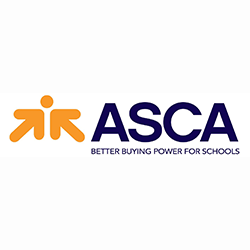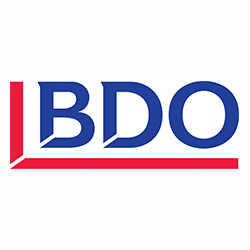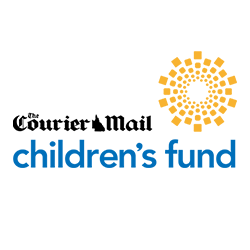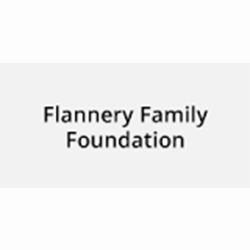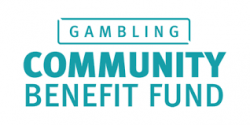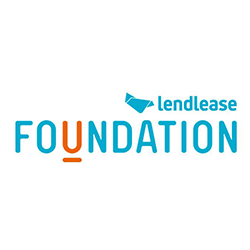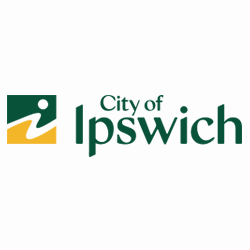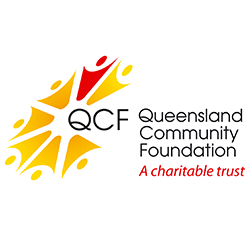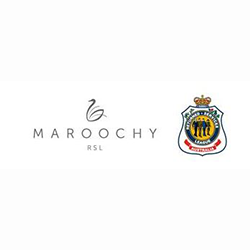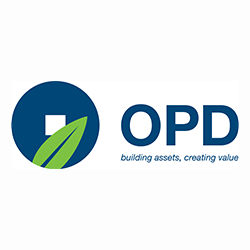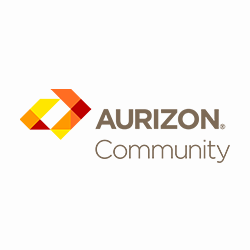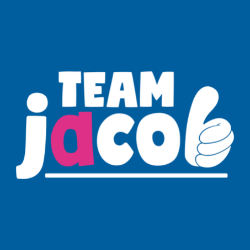
When Quinton Hanson latches on to a pass and makes a break for the try line, he resembles the thousands of Aussie kids mimicking their rugby league heroes each weekend.
But when the energetic 5-yearold passes the ball to a teammate, it draws a surprised smile from Quinton’s supporters on the sideline. It’s a moment only those who know Quinton truly understand.
For a non-verbal autistic child with complex needs who previously had trouble opening up to others and sharing his belongings, it’s a significant breakthrough in sharing: the first time they have seen him pass the ball to a teammate.
This progress is thanks to Quinton’s experience in the All Abilities Rugby League program, designed for children with special needs to harness their love of sport in a safe and supportive way.
One of the excited onlookers is Diane Shield who, by day, is Quinton’s specialist educator at AEIOU Bundaberg. Today, she is cheering him on as a program mentor.
Sharing the sidelines is Quinton’s father, Corey Hanson, a beaming autistic athlete and advocate himself. Watching his son score brings a smile to Corey’s face.
“He’s just out of his shell now, it’s a whole different Quinton that just loves outdoors and sports,” Corey says.
What exactly is All Abilities Rugby League? It is a volunteer-run modified program for children and young adults with special needs.
Drills and games are carefully modified to cater to the participants’ needs, drawing on the knowledge and experience of people like Diane who work with autistic children, and experienced rugby league coaches.
This has been a deliberate approach from Sonya Olson and Judy Fenn, the program’s founders and cofounders of the autism awareness group Walk with Me 4 Autism.
Season one kicked off in 2022, fuelled by Sonya’s desire to create a space where her autistic son, Daly, could enjoy the sport his family loved. Since then, the program has seen impressive growth.
“In our first year, we had 70 participants. In our second season, we had 80 and this year, we’re looking at getting close to 100,” Sonia says.
Beyond this impressive growth is an abundance of heartwarming success stories.
Daly, named after Manly star Daly Cherry-Evans, continues to thrive and make good friends. Sonya fondly recalls a child with Down Syndrome who struggled with his new football socks. The program’s flexibility shone through when no one batted an eyelid or interfered as Daly sat in the middle of the park, took off his socks, and continued the game barefoot. With the help of his mentors, he played the game out and later scored a (sockless) try.
Such success is based on the practical adjustments the program makes to typical football programs.
Joanne Broome and Corey Hanson, Quinton’s parents, say the first session was nerve-wracking.
“You don’t know if he’s going to listen, if he’s going to be comfortable, but he seemed to pick it up and go with the flow of the session.”
Having his AEIOU teacher ‘Miss Di’ as a familiar face and mentor on the field was a key factor in helping him settle.
“As soon as Quinton locked eyes with Di, it was just a connection straight away. And honestly, if there is anything wrong – that’s his comfort zone if mum and dad aren’t there,” Corey says.
“To see him smile and have so much fun, even with people he has never met, has been a great thing.” Quinton has now made lasting friendships that, when coupled with his progress AEIOU, have exceeded his parents’ expectations.
Corey, whose experience as an autistic athlete has made him an advocate for athletes with disabilities and an ambassador for Special Olympics Queensland, is grateful programs like All Abilities now exist.
“When I was younger, they didn’t have facilities like AEIOU, or football like All Abilities. It’s so great to have these things available these days.”




